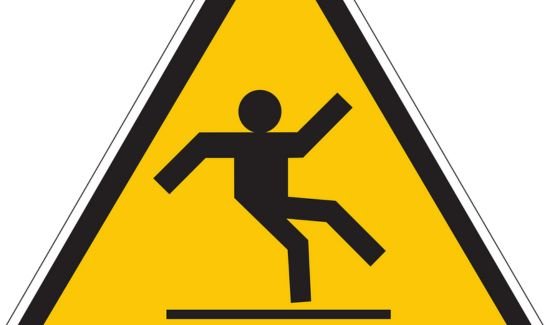
Housekeeping tasks may seem simple, but they have hidden dangers such as slipping, falling, and exposure to harsh chemicals. Research shows that about 30% of workplace accidents occur during cleaning activities. It is important to follow safety precautions to reduce the chance of injury and to maintain a clean, orderly workplace. Here are 13 essential Safety Tips for Spring Cleaning to help you stay safe while working effectively. After reading this you should also read safety tips for Hands In work area
Table of Contents
1. Start with a Schedule
Doing work without planning can lead to mistakes and injuries. Wrong planning leads to accidents related to 15% cleanliness. Plan your day and do the work systematically to avoid getting tired and injured. Taking small breaks in between keeps you active.
2. Clear the Clutter

Sold items are often a cause of injury and 20% of injuries. Keep your work area clean to avoid injuries and improve your work. A well-organized area helps you focus and keeps you safe.
3. Work Top to Bottom
Working from top to bottom ensures that the soil does not have to be returned to the cleaned area again. A case study showed that this method reduces cleaning time by 25%. Start with higher areas such as shelves and windows and work down to the floor. This saves time and improves cleaning.
4. Follow Instructions

Many injuries happen when cleaning products are misused. According to statistics, 40% of chemical injuries happen when people do not follow instructions. Always wear labels and use the product correctly. This not only prevents injuries but also makes work better.
5. Ladder and Step Stool Safety
30% of housekeeping-related injuries are caused by falling from ladders. Always keep the ladder on the correct footing and check that the ground underneath is straight. Do not reach the door with your hand and use the correct size stool or ladder. Utilizing a ladder of the correct height reduces the risk of falling.
6. Caution on Wet Surfaces

Wet floors have a 25% chance of falling related to things. Always put warning signs on wet floors and avoid walking on them until they have dried. If working on wet floors is essential, wear non-slip shoes. Wet floors are often hazardous but working carefully keeps you safe from danger.
7. Avoid Overloading, Especially on Stairs
Lifting too much stuff at one time, especially upstairs, can cause you to lose balance. People lifting too much fall twice as often. To stay safe, take shorter rides or use a trolley. Lifting less weight maintains balance and keeps you safe from injuries.
8. Wear a Mask in Dusty Areas

Cleaning without a mask in a dust-filled place can harm your breathing. Nearly 20% of housekeepers have difficulty breathing due to dust. Wear a mask in a dust-filled place, so that your breath remains protected and you can do the work easily.
9. Glove Up
Wearing gloves protects your hands from chemicals and sharp objects. Research shows that 35% of hand injuries occur due to not wearing gloves. Always wear the right gloves as per your need to keep your hands safe.
10. Stay Hydrated

Housekeeping is a physically demanding job that often leads to dehydration. According to statistics, 40% of housekeepers feel tired due to dehydration. Drink water to keep you active and focused.
11. Be Careful with Cleaning Chemicals
Incorrect use of cleaning chemicals can cause harm. Approximately 15% of housekeeping injuries are caused by chemical burns. Always wear gloves and goggles and follow instructions.
12. Use Cleaning Products in Well-Ventilated Areas
Using hair cleaning products without a ventilated place leads to inhaling dangerous fumes. According to research, 40% of people who work without a ventilated place have breathing problems. Always make your workplace ventilated.
13. Store Cleaning Supplies After Use
Clearing supplies at home can result in a loss of 10%. Leaving household supplies at home is a risk of losing 10%. Always keep your tools and chemicals in the right place to ensure the safety of others.
14. Take Regular Breaks
Cleaning for long hours without a break can lead to fatigue and mistakes. Research indicates that 30% of housekeeping-related injuries occur when workers are tired. Schedule regular short breaks to rest and recharge. Staying fresh not only improves your efficiency but also minimizes the chances of accidents.



